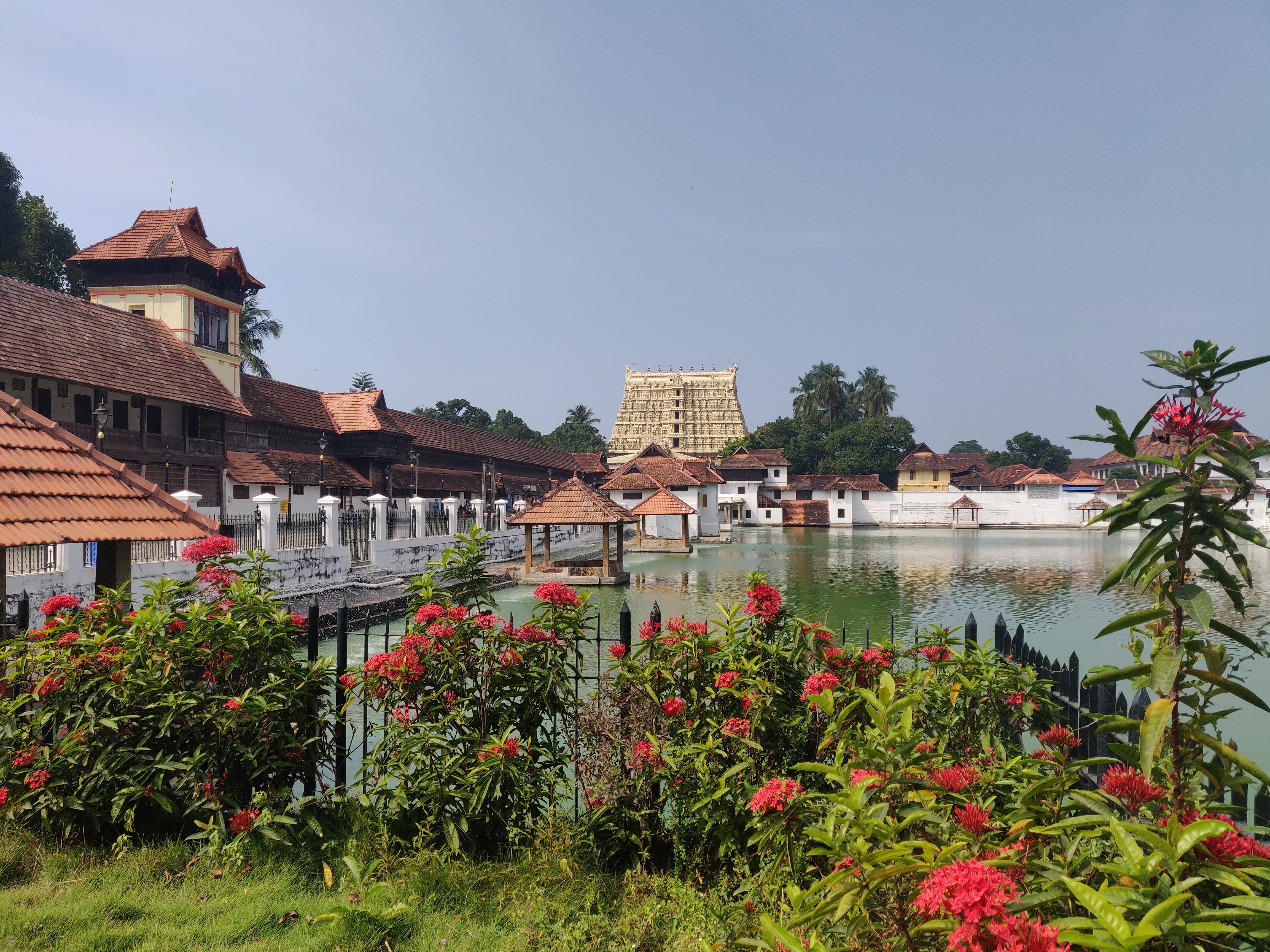Climate Centre for Cities – to build climate action in cities
Published On:
Wednesday, September 16, 2020
The Climate Centre for Cities, shortened as C-Cube, was launched by the Ministry of Housing and Urban Affairs (MoHUA) in June 2020 as a secretariat for climate informed urban planning and development. India is facing complex urban challenges with the increasing climate risks and disasters. Therefore, it is imperative that cities should take sustained actions to prepare for and develop the ability to thrive in varying climate. NIUA in the theme of ‘Environment, Climate Change and Resilience’ has associated with over 100 cities and closed worked with over 25 cities for project implementation and technical assistance in the last decade. Being a premier think tank supported by MoHUA, it is important for NIUA to take forward the learnings from these various projects and apply it to mainstream climate action in Indian cities.
C-Cube is currently working with a range of stakeholders and partners with focus on strengthening capacities of cities to understand, implement and monitor climate actions locally. It is also focusing on innovation and research to further extend this support, and push towards a more data centric decision making. This is being done across six verticals namely i) P4 (Policy + Planning + Program + Project), ii) Research and Knowledge Management, iii) Innovation, iv) Capacity Building, v) Advocacy and Communication and vi) Partnerships. Given the emphasis on investing in various sectors of urban development in India, it is crucial to incorporate climate action within these existing and future investments.
As a part of continued monitoring to streamline engagement, the Centre is taking forward the ambitious ClimateSmart Cities Assessment Framework (CSCAF) which was launched in February 2019. This is a first-of-its-kind public assessment framework on climate relevant parameters with the intent to provide a clear roadmap for Indian cities towards combating climate change while planning their actions within the city including investments. In 2019, this exercise was taken up in Smart Cities Mission, with the intent to take advantage of existing reporting systems for further improvement and adaptation. With support of more than 50 partner agencies and government departments, the framework witnessed participation of 96 cities. More than 350 government officials were trained in aspects of climate actions through 9 national level workshops.
This year, C-Cube is in process of conducting its first initiative at a national scale-the CSCAF 2.0. It was launched last Friday (11 September 2020) by Hon’ble Minister Hardeep Singh Puri. This year’s framework has been formulated after a thorough review of last years’ performance with involvement of city representatives and thematic experts, and regular review and consultation with MoHUA. We expect to scale it up beyond 100 Smart Cities, and look forward to participation of other cities. Where possible, the framework uses data sets that are already being captured in other indices or mission like Ease of Living Index, and Swacch Survekshan. The framework rests on 28 indicators across 5 sectors (i) Energy and Green Buildings; (ii) Urban Planning, Biodiversity and Green Cover; (iii) Mobility and Air Quality; (vi) Water Management and (v) Waste Management. The indicators are progressive in nature to encourage cities to adopt appropriate actions enabling them to improve their score in the future and consequently build climate resilience. C-Cube has taken several steps to ensure implementation of CSCAF 2.0. It includes regular training and monitoring sessions along with theme-based webinars to support capacity building, technical document for ease in reporting, a national helpdesk to provide technical support to participating cities, and a centralized portal for data entry.
C-Cube has partnered with several partner organizations leading to the ClimateSmart Cities Alliance. We intent to extend this alliance to further strengthen city level climate actions across all urban centres in India. Please do reach out to us if you are working in a city on climate actions or are interested in working towards building climate resilience. Let us join hands and together we can improve the quality of life for all.
Contact Us
1st and 2nd Floor, National Institute of Urban Affairs
India Habitat Centre Lodhi Road New Delhi-110003
Please Call Help Desk at 011-411-86699
Monday - Friday, 9:00 AM - 5:00 PM
Please write to us at c-cube@niua.org







Post a Comment